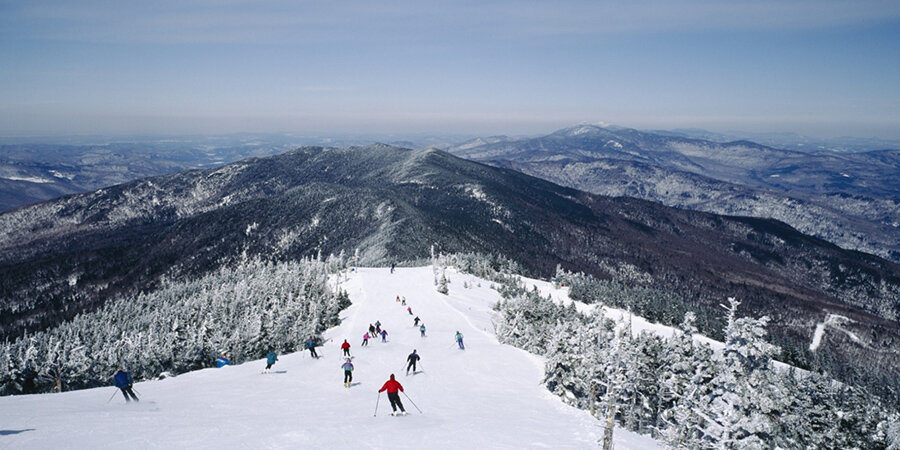The Economic Contributions of Winter Sports in a Changing Climate

Contact:
OPEN TO THE PUBLIC | Elizabeth Burakowski, Ph.D. (University of New Hampshire) discusses the Economic Contributions of Winter Sports in a Changing Climate.
The United States ski industry has become increasingly vulnerable to the effects of climate change, including decreased snowpacks, warmer temperatures, and more winter precipitation falling as rain instead of snow.
Climate model projections suggest that winter climate trends will continue to follow a pattern of warmer, less snowy winters, challenging winter resort communities to adapt their operational strategies. We present case studies from six popular winter destinations across the United States and report their adaptation strategies to recent warm winters. Resorts are diversifying in-season and offseason programming, partnering with neighboring resorts, improving snow management techniques, and educating clients on climate science. Additionally, we analyze how historical (2001-2016) changes in the winter season have impacted the ski tourism industry economy. In 2015/2016, the US ski economy provided 191,000 jobs and $20.3 billion economic value. While high snow years bolster employment (+11,800 jobs) and economic value (+$692.9 billion) compared to average years, low snow years reduce skier visitation by 10%, resulting in over $1 billion in economic losses and 17,400 fewer jobs. The study also examined the impact of climate change on consumer surplus (CS), the value skiers have for skiing above what they actually pay.